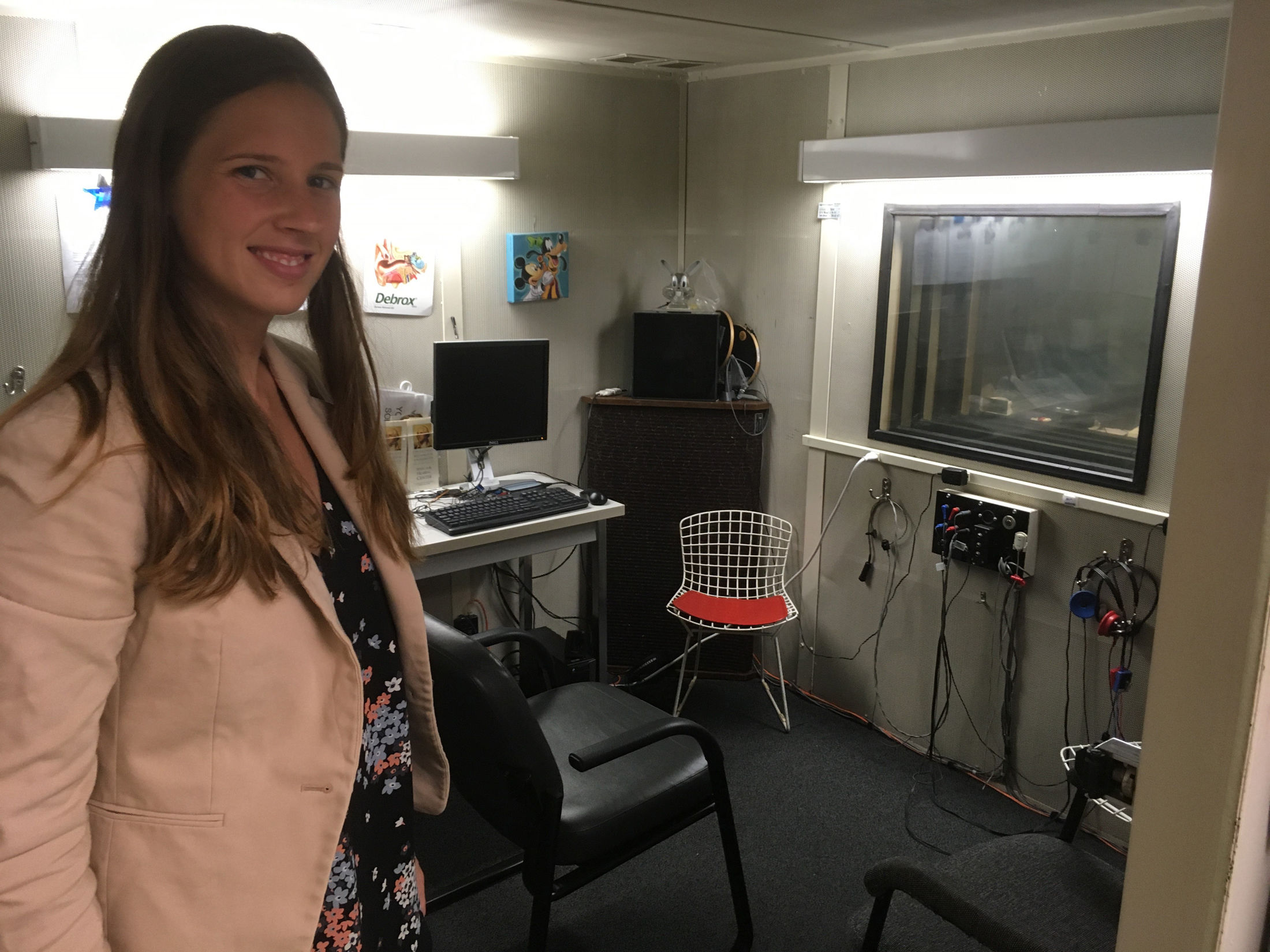
We’re seemingly bombarded with reminders of health aspects that need to be tended to regularly, especially as we get older: our hearts, our lungs, our – um, digestive tracts. But there’s one widespread health problem that doesn’t get nearly as much attention.
“We’re told ‘Get your teeth checked every six months’ and ‘Get your vision screened annually,’ but I don’t think there’s much out there about hearing,” said Nicole Jordan, an audiologist at the Speech and Hearing Center at George Washington University.
Jordan said that about 1 in 3 people 65 and over has hearing loss. By the time you’ve noticed a hearing loss, Jordan said, you should probably have already had a test.
“I encourage people to start getting their hearing tested at age 50,” and earlier if you have a family history of hearing loss, or have had one of the conditions that can bring on hearing loss, such as head trauma, tinnitus, vertigo, some autoimmune disorders, cancer that requires chemotherapy, and more.
It’s important to get tested because hearing loss comes on slowly.
“It is usually so slow-progressing that [patients] don’t notice it until they realize that they’re turning the TV up a little bit louder, or they’re missing things in background noise that they didn’t usually miss, or more often than not, family members are saying ‘You know, you’re asking “what?” and “huh?” a lot more often.”
And of course, hearing loss can symbolize old age, which many people don’t want to acknowledge.
“It’s that combination of not wanting to admit to anything, and then of course it being so slowly progressive that you don’t notice it.”
Screenings and tests
The first step, Jordan said, is a hearing screening. Many primary care doctors can do them, though not all.
A screening is a pass-fail sort of test held in a non-soundproof environment. They’re also done at health fairs in noisy areas such as schools. It can be a good first step – you might get a referral for a full hearing test – but it’s no substitute for a full examination.
A complete hearing test is performed by an audiologist, who looks at a much wider range of pitches – frequencies that the same sound can emit, and that you may or may not hear.
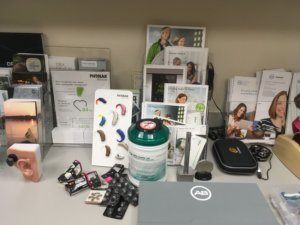
Hearing a beep is only part of the test, Jordan said. A hearing test also measures “the lowest level of speech you’re able to hear. When the speech is loud enough, can you successfully hear it, repeat it, understand it? When you’re listening in noise, how well are you doing when you’re listening in different degrees of background noise? … It’s complex.”
A lot of people who get referred for a test don’t go.
Jordan said that studies find the average time span between when someone notices a problem with his hearing and he walks in the door of an audiologist is seven years.
Your insurance may or may not cover hearing tests and hearing aids – that’s indicative of the American health care market’s aversion to preventative care, Jordan said. Medicare will cover evaluations, but only if there’s a there’s a medical reason – a regular test won’t be covered.
That may seem unusual, given that Medicare is for older people, and taking care of your hearing as you age can pay off in a lot of ways: Human beings are social beings, and hearing has a lot to do with how social you can be.
Staying connected
“Hearing and communication is so tightly connected to things like how social you’re going to be, and how long you’re going to be an independent individual,” Jordan said. “How active you’re going to be in the community, how long you’re going to hold a job for, how emotionally and socially happy you’re going to be.”
Another of the reasons people tend not to get their hearing checked is that they’ve been told for years that there really isn’t anything you can do about hearing loss. It’s true, Jordan said, that the cilia – the tiny hairs inside your ear that pick up sound vibrations and send them to your can’t grow back or become re-sensitized to sound, but there are still steps people can take.
“Preventatively, the best thing to do is to live a healthy lifestyle,” Jordan said.
Diet and exercise can have an effect on hearing, because high cholesterol and high blood pressure tie into it. Quitting smoking also helps.
Of course, protecting your ears against loud noises is key – wearing musician’s earplugs if you’re going to be around or playing) loud music, and wearing hearing protection for outdoor work such as lawn-mowing or snow-blowing, are important steps.
What you can do
Jordan said there are plenty of non-mechanical options for someone with a mild hearing loss: speech reading, lip reading, hearing rehabilitation and background noise practice are some options.
If you do need some kind of hearing correction, there are more options than ever, and that can be daunting. Many people are deluged with advertisements about hearing aids that they start to think it’s a racket: Not just audiologists, but online marketers and independents. Soon there will be over-the-counter hearing aid companies.
“If … I didn’t work in the field, I would think it was a racket,” Jordan said.
The latest hearing aids are iPhone-compatible: You can run your phone through hearing aid, control the hearing aid from your phone and, of course, send your audiobooks or podcasts through your phone.
They can be custom-fit with ear impressions and measurement; you can pick a color to match your hair and/or glasses, and they’re smaller than they’ve ever been.
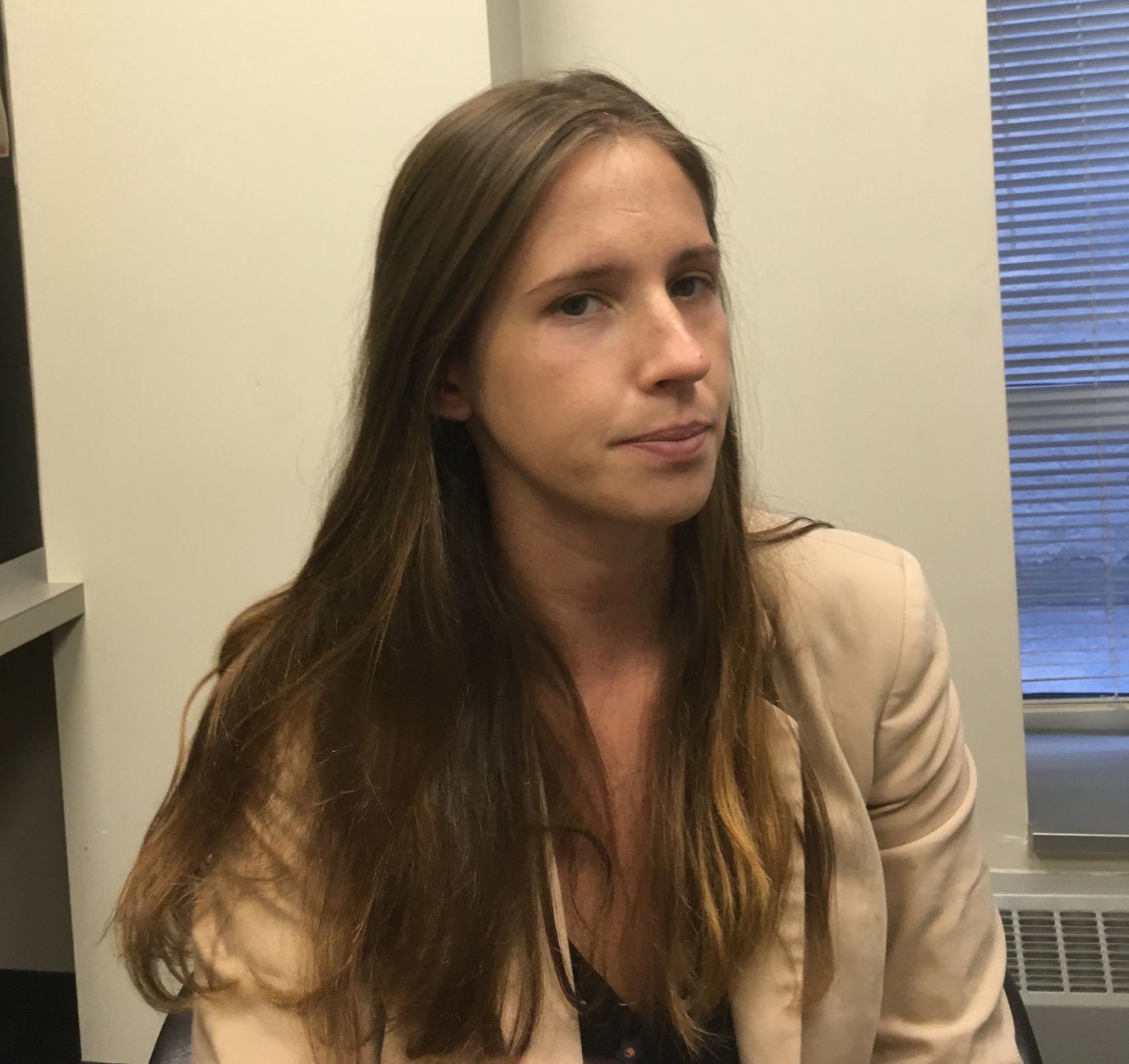
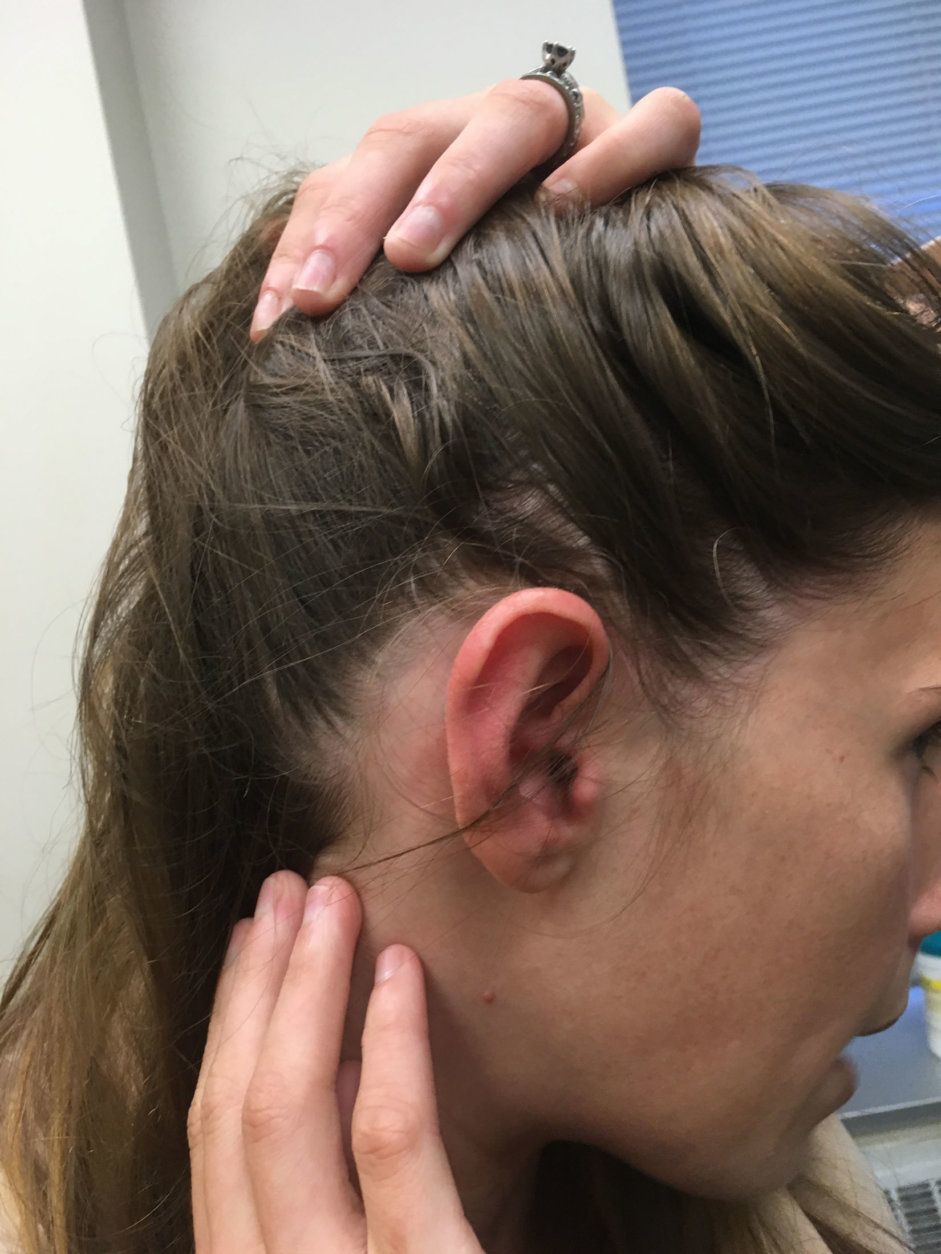
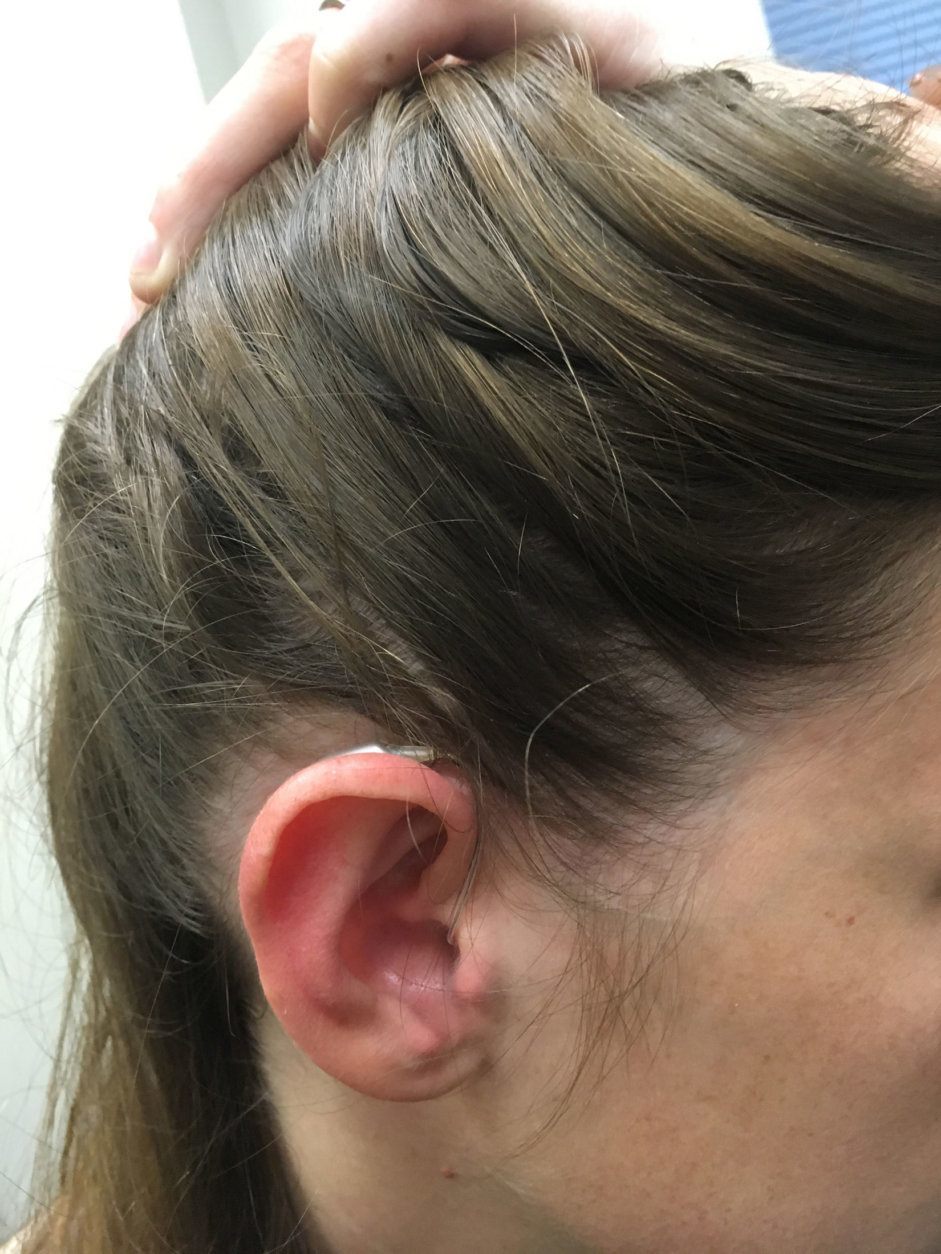
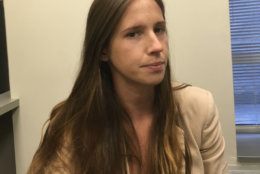
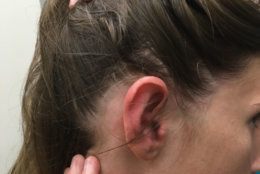
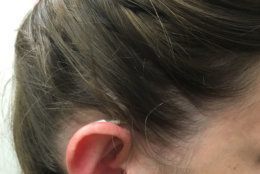
But the most important thing patients need to do is notice what’s happening to their hearing and speak up. Primary-care doctors will often ask about any vision or dental problems, but won’t ask how your hearing is holding up.
Patients, Jordan said, “need to get in the door and they need to be self-advocates.”








